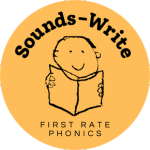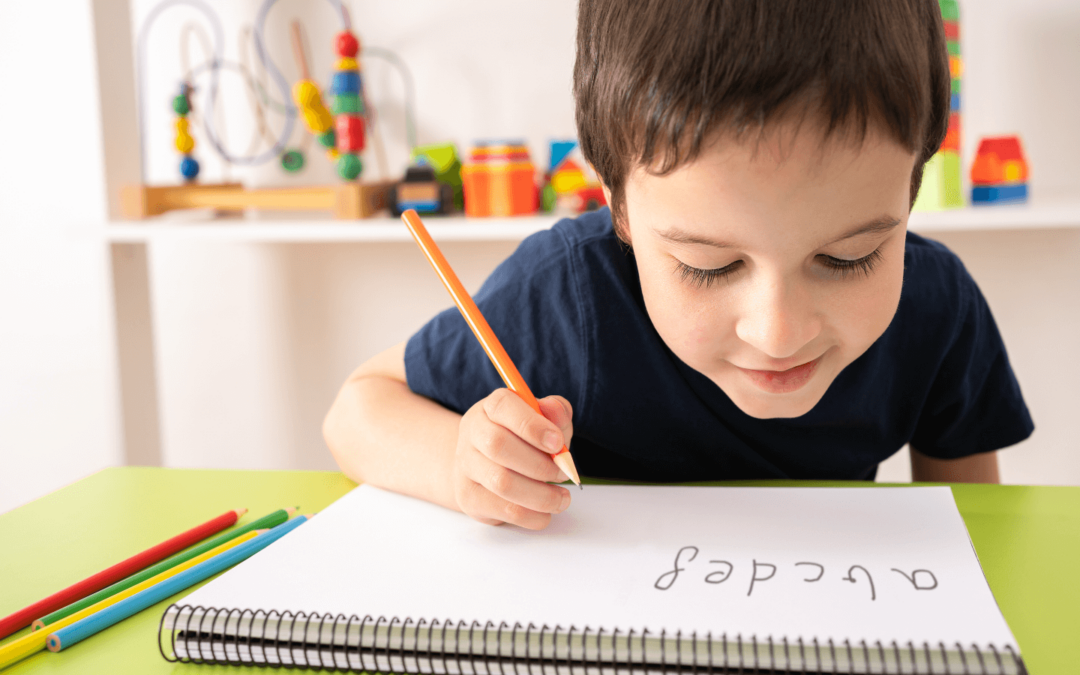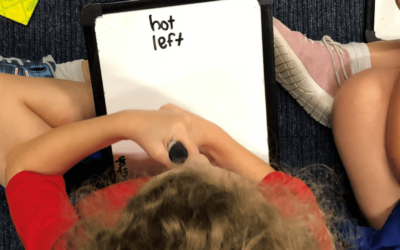According to a National Literacy Trust survey, ‘more than a third of children rarely or never write by hand in their spare time’. Should we be surprised or worried by this? asked Jonny Diamond on BBC’s The World At One (6th December 2024) in conversation with Melissa Prunty, Associate professor in Occupational therapy at the University of Limerick and Chair of the National Handwriting association.
Delve further into the findings of the NLT survey.
What should probably concern us is that:
- ‘Fewer than 3 in 10 (28.7%) children and young people aged 8 to 18 said that they enjoy writing in their free time.
- Levels of writing enjoyment have decreased by 18.1 percentage points over the past 14 years, with levels decreasing by 5.9 percentage points over the past year alone.
- Enjoyment levels dropped for all children and young people in 2024, but the drop was particularly pronounced for boys aged 5 to 8, with levels decreasing by 11.9 percentage points between 2023 and 2024.’
As schools provide the new technologies, more and more students are writing onto their computers, iPads, phones and other devices, so is handwriting an outmoded or redundant form of technology?
The answer is that it depends. Quite rightly, Professor Prunty stressed the importance of handwriting in the teaching of reading and writing in the early years. Handwriting plays an important part in establishing early links between sounds and spellings and the research supports her contention. In fact, the work of Karin James at Indiana University and Marieke Longcamp at Aix-Marseille University in France, seems to confirm what has long been argued: writing by hand helps to create neuronal pathways in the brain that assist the learner in remembering the way in which way letters are formed and how to recognise them when reading.
Not only that, but also the process of writing in longhand seems to aid retention of the information encoded in the writing itself. A primary advantage of integrating writing into every part of a Sounds-Write session is that it supports students to internalise sound-spelling correspondences, supporting their transfer into long-term memory for reading and writing. Dictation, a key tool in the programme, enables children to free up cognitive resources, allowing them to focus on both letter formation and the sounds they represent.
As Diane McGuinness explains, the brain is uniquely wired to automatically learn visual and auditory patterns after only a few exposures—if, and only if, the eye is trained to focus on specific letter patterns.In this way, handwriting offers a powerful opportunity to reinforce and solidify the writing code in long-term memory.
Of course, once students can process information and type faster than they can write in longhand, it’s sensible to allow them to switch. Professor Prunty claims that speed of writing is linked to the quality of the writing being produced. This makes sense inasmuch as fluent writing implies that the writer is able to integrate grammar, syntax, spelling and the ideas being encoded in their composition.
However, when it comes to a choice between writing by hand or typing on a keyboard, much may depend on the purpose of the writing task. For example, the research on note taking in class or in a lecture would appear to indicate that note taking by hand is superior to taking notes rapidly on a digital device. This may be because when trying to get notes down verbatim on a computer, the information being recorded is not being processed as deeply as it is when we are writing by hand. Writing in longhand presupposes having to make choices about what we think we need to record and what we can leave out.
In conclusion, while both handwriting and typing have their advantages depending on the task, it’s clear that handwriting plays a crucial role in early literacy development. It not only helps children internalise sound-spelling correspondences but also supports deeper cognitive processing, making it an invaluable tool for learning to read and write. As we continue to explore the full impact of both methods, it’s important to recognise the lasting benefits that handwriting provides, particularly in the early stages of literacy.
Further reading
https://www.frontiersin.org/journals/psychology/articles/10.3389/fpsyg.2020.01810/fullhttps://www.sciencedirect.com/science/article/abs/pii/S2211949312000038?via%3Dihub
Sounds-Write Ltd
Whiteleaf Business Centre
11 Little Balmer
Buckingham
MK18 1TF
Tel: 01280 825537
Registered in England and Wales: 04655753
VAT Number: 821260076
Copyright Sounds-Write Ltd




